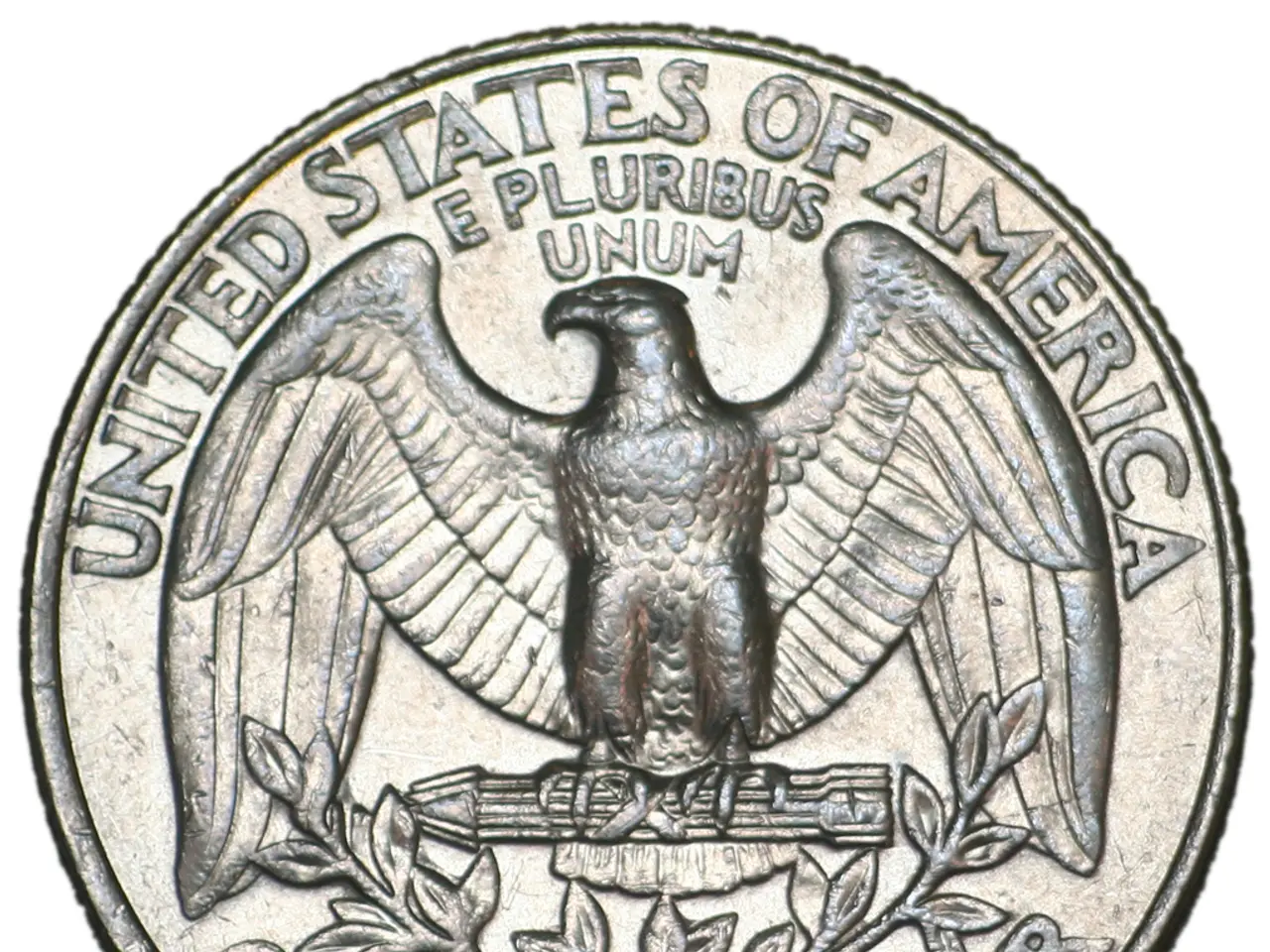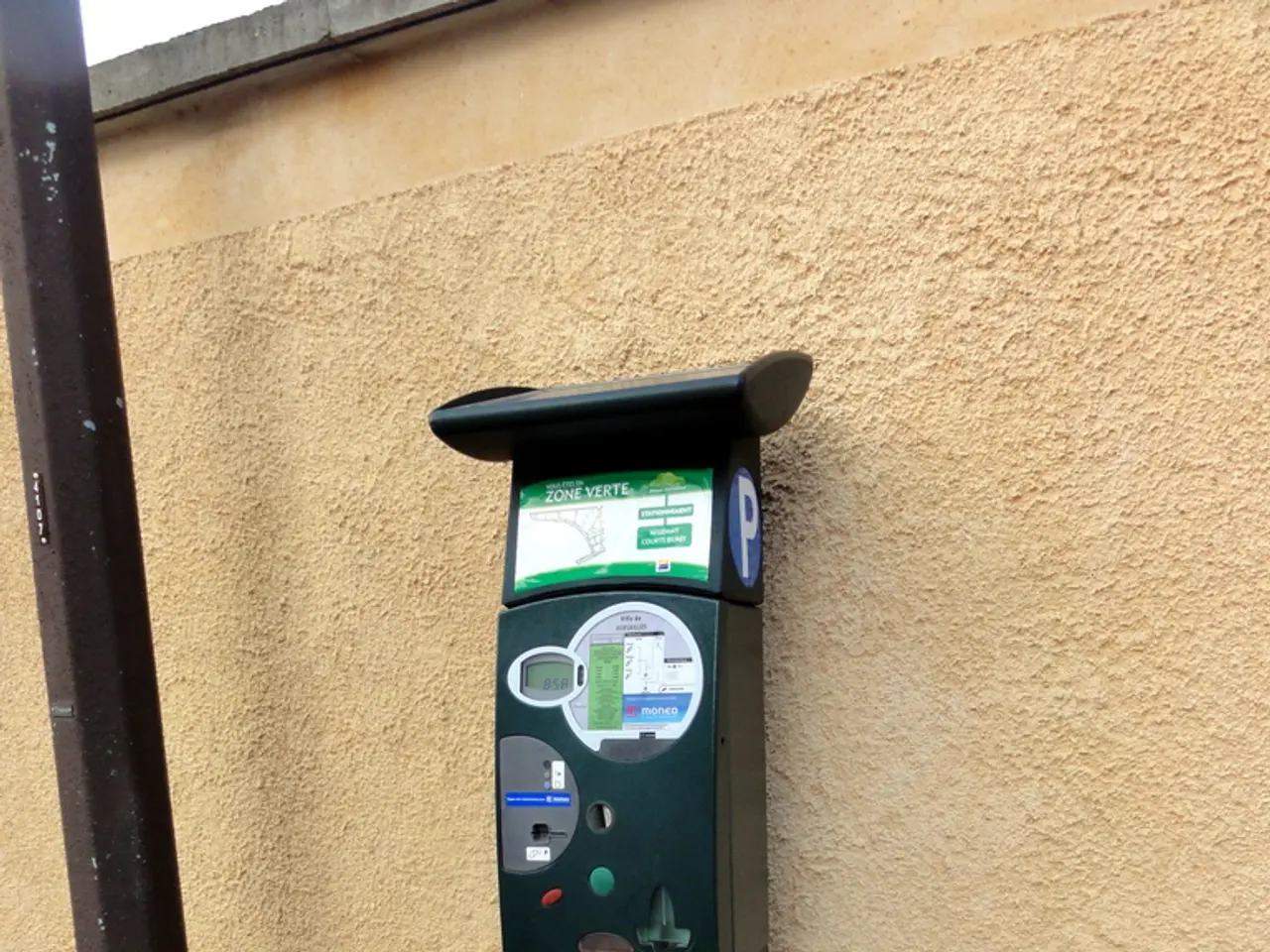Middle East Makes a Global Impact in Cryptocurrency with UAE Recording a Staggering $34 Billion in Inflows
In a significant shift towards digital finance, the Middle East is rapidly becoming a global leader in cryptocurrency adoption. The United Arab Emirates (UAE) is at the forefront of this transformation, with its favourable regulatory environment, institutional support, and progressive policies making it a hub for crypto innovation.
The UAE's favourable regulatory landscape includes clear frameworks from entities like the Virtual Assets Regulatory Authority (VARA) and the Abu Dhabi Global Market (ADGM), zero taxes on crypto income and gains, and licensing available for exchanges and stablecoin issuers. This regulatory clarity has attracted a surge of institutional investment, with over $2 billion invested in Binance alone and more than 650 crypto firms based in Dubai, making it a major global crypto hub.
A high-profile corporate partnership that underscores this trend is Emirates Airlines' partnership with Crypto.com, announced in July 2025. This collaboration will allow Emirates customers to pay for flights and services with Bitcoin and other cryptocurrencies, with integration expected to be operational by late 2025 or early 2026. Payments will be converted instantly to UAE dirhams to ensure regulatory compliance, meaning Emirates will not hold crypto on its balance sheet.
This move by Emirates is part of a wider trend in the region, where global companies are beginning to accept crypto payments, and new crypto applications such as tokenized real estate, NFT ticketing, and stablecoin payments are expanding quickly. The UAE's approach incentivizes investors and crypto developers to relocate there, attracted by fast licensing, tax benefits, and a welcoming business environment.
Analysts predict that the UAE and Middle East will continue to lead global crypto adoption, moving beyond just keeping pace with Western countries and becoming a model for friendly crypto regulation and innovation. More major companies worldwide are likely to follow Emirates’ lead in accepting crypto payments, broadening crypto’s reach in everyday consumer transactions.
The integration of cryptocurrencies into mainstream sectors like travel, real estate, and entertainment will accelerate, supported by government digital transformation initiatives aimed at fostering a crypto-friendly economy. The growing crypto ecosystem in Dubai and the UAE suggests a future where digital currencies play a large role in finance, commerce, and investment throughout the Middle East.
However, concerns about misinformation persist, with nearly half of young crypto users in the UAE expressing concern. The UAE has received $34 billion (AED124B) in crypto inflows between July 2023 and June 2024, showing a 42% year-on-year growth rate. The report anticipates increased institutional participation in tokenized assets, accelerated adoption of clean-energy-backed mining models, and mobile-first, gamified crypto platforms across the Middle East.
Oman has invested over $1.1 billion in green mining infrastructure to position itself as a hub for environmentally conscious crypto mining operations. Gulf countries are expected to continue exploring sustainable crypto mining practices. Mining Grid, which serves over 60,000 users globally, has played a pivotal role in accelerating regional crypto adoption through accessible and energy-efficient mining solutions.
In conclusion, the UAE and Middle East are rapidly advancing in cryptocurrency adoption through regulatory clarity, significant institutional investment, and high-profile corporate partnerships. This positions the region as a key hub for crypto innovation with sustained growth and mainstream integration anticipated in the near future.
- The United Arab Emirates' (UAE) progressive approach in crypto regulation has attracted over $2 billion in institutional investment, with more than 650 crypto firms based in Dubai, making it a major global hub for the fintech industry.
- In addition to digital currency, the UAE is also seeing the expansion of new crypto applications such as tokenized real estate, NFT ticketing, and stablecoin payments, attracting investors and crypto developers to relocate there.
3.Emirates Airlines' partnership with Crypto.com, announced in July 2025, is a high-profile corporate partnership that underscores the trend in the region, where global companies are beginning to accept crypto payments.
- International analysts predict that the UAE and Middle East will continue to lead global crypto adoption by moving beyond just Keeping pace with Western countries and becoming a model for friendly crypto regulation and innovation in the fintech industry, supported by government digital transformation initiatives aimed at fostering a crypto-friendly economy.




